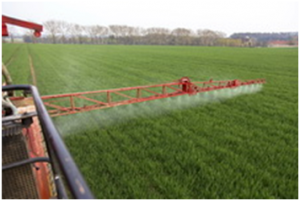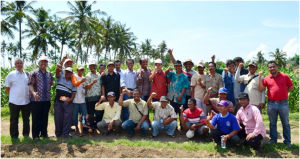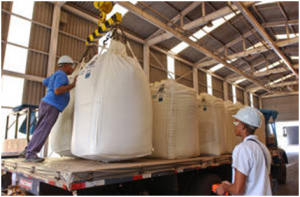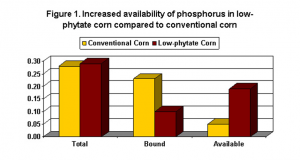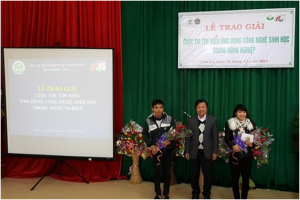|
U.S. National Academies Find Biotech Crops Not Harmful to Human Health and the Environment
Friday, 2016/05/20 | 07:58:56
|
|
Genetically engineered (GE) crops and conventionally bred crops have no difference in terms of causing risks to human health and the environment, according to the report Genetically Engineered Crops: Experiences and Prospects released by the National Academies of Sciences, Engineering, and Medicine.
The report is based on the results of an extensive study that was conducted by over 50 scientists for two years. The study includes data from 900 researches on biotech crops since it was commercialized in 1996.
The key points of the report include:
The research committee established a website to enable the general public to know more details of the report and submit comments about the results.
The research was funded by Burroughs Wellcome Fund, the Gordon and Betty Moore Foundation, the New Venture Fund, and the U.S. Department of Agriculture, with additional support from the National Academy of Sciences.
Read the news release from National Academies of Sciences, Engineering and Medicine. |
|
|
|
[ Other News ]___________________________________________________
|


 Curently online :
Curently online :
 Total visitors :
Total visitors :




